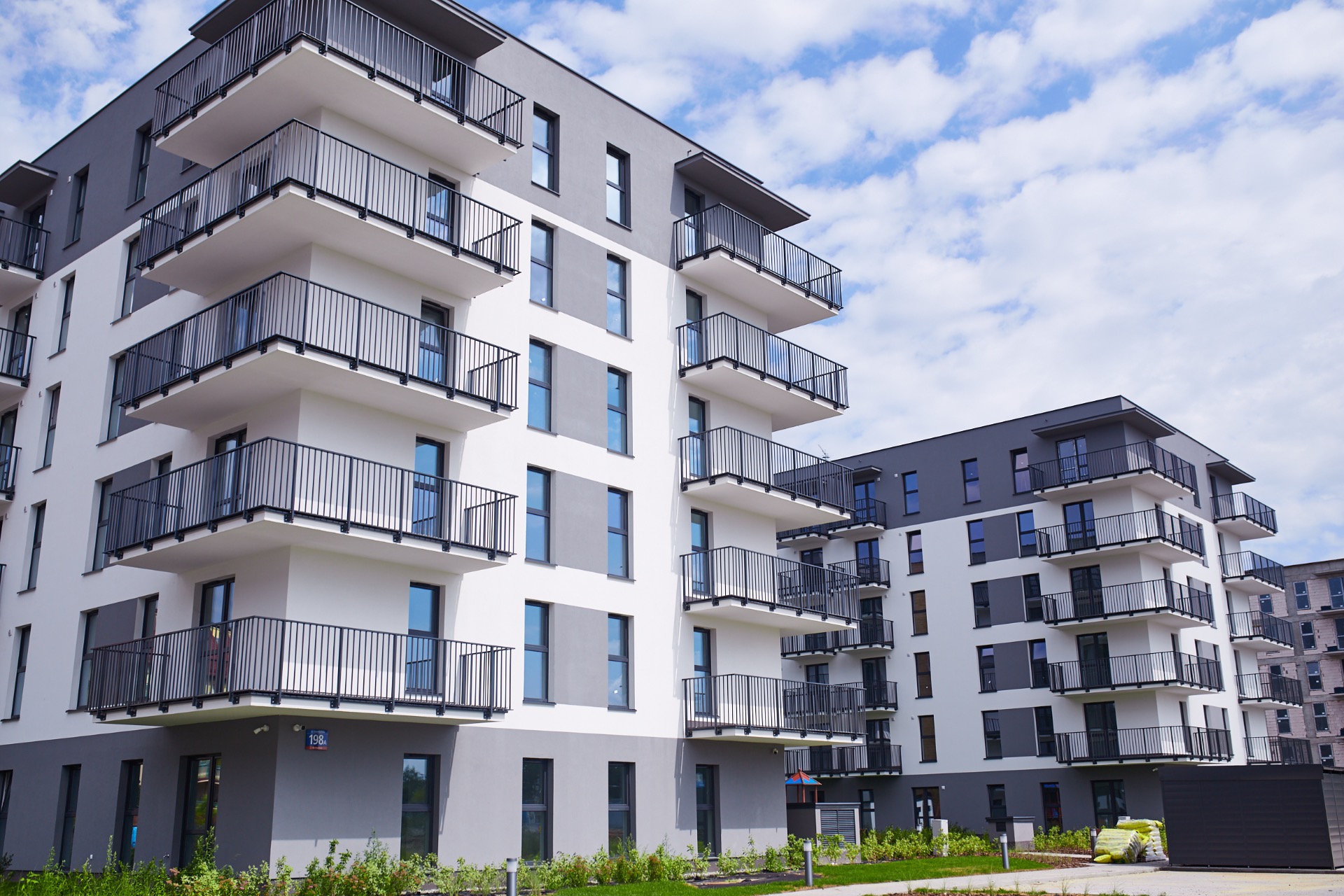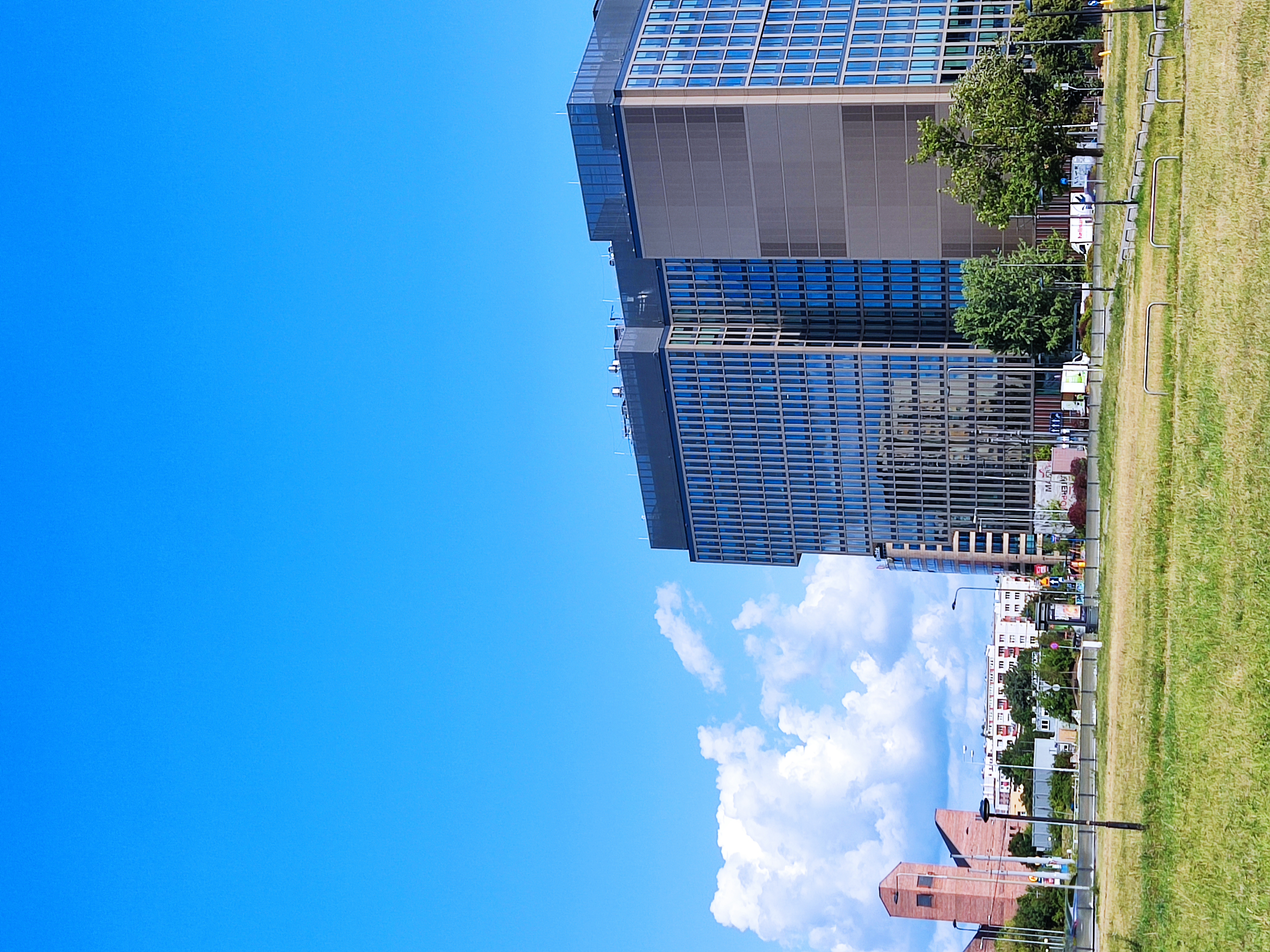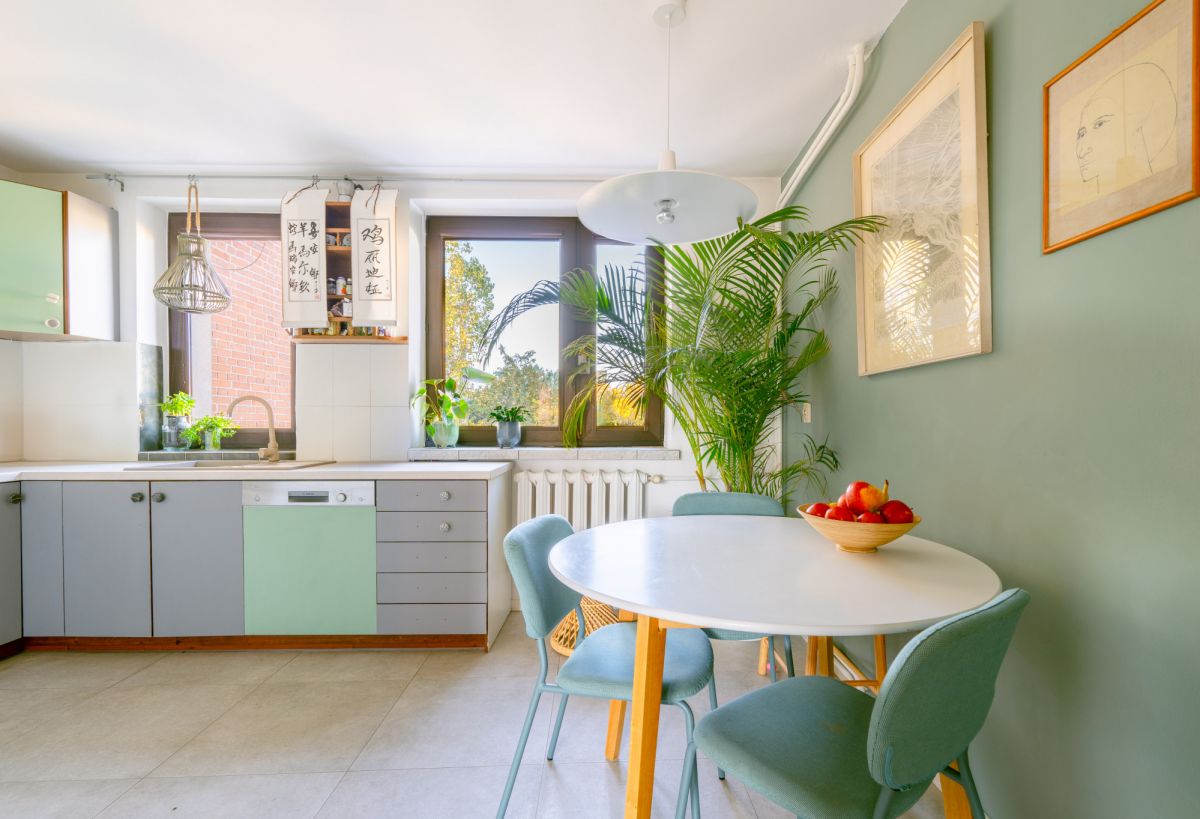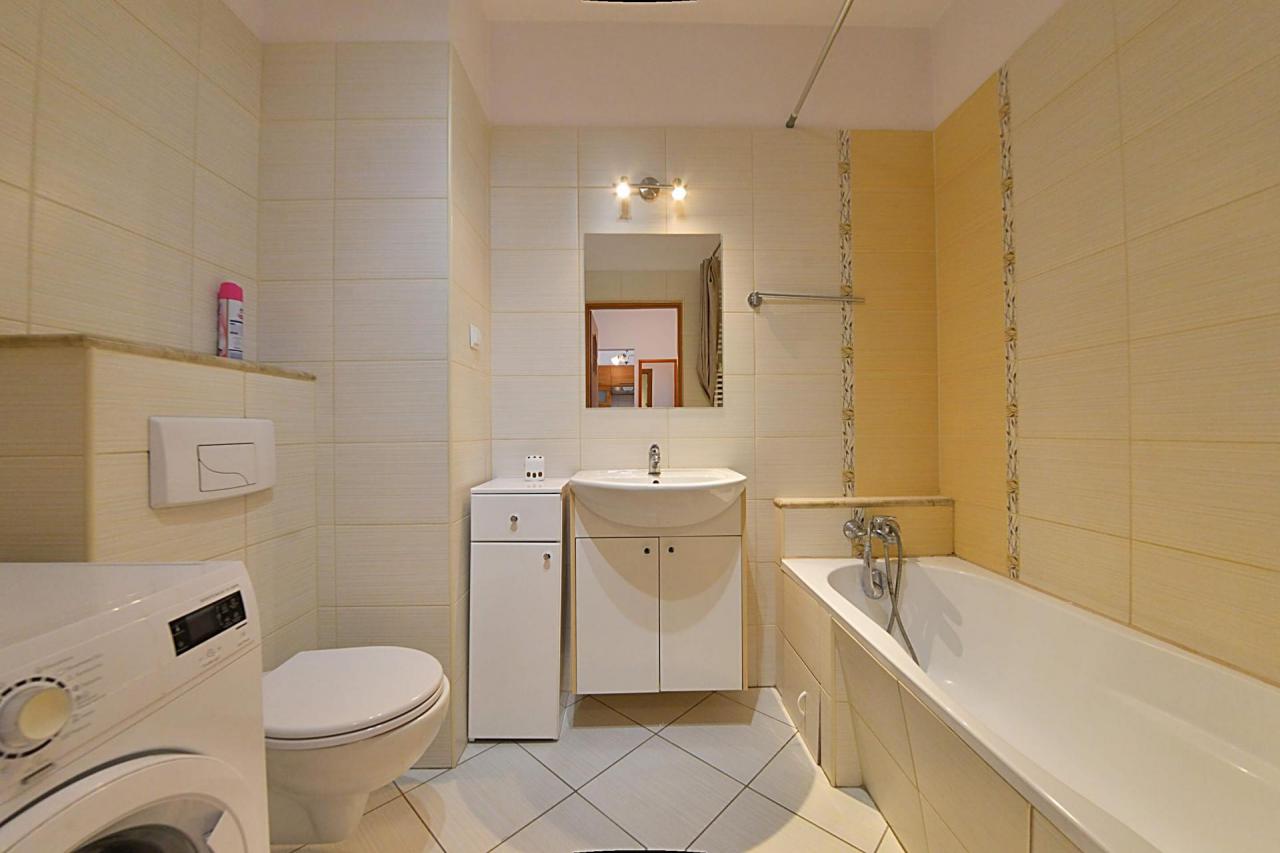Modular construction

Modular construction
The One Stop Shop market is increasingly indicating that all-in-one solutions are the direction in which the real estate industry is moving.
Tek Noktadan Mağaza pazarı, hepsi bir arada çözümlerin emlak sektörünün ilerlediği yön olduğunu giderek daha fazla gösteriyor.
Construction is not an easy task for any investor, so companies appear on the market offering clients a comprehensive service, which includes the development of a building project and its interior, construction and turnkey complex equipment. Nowadays, it is increasingly difficult to find a reliable construction team, and the prices for labor and building materials are rising and difficult to predict. Added to this are official procedures, which, after all, are not simple and quick. This state of affairs makes solutions that remove this responsibility from the investor’s head worth their weight in gold. Moreover, when these companies ensure the implementation of the building in up to half the time than implementation on their own.
The building is brand new
The wide range of possibilities offered by modular or prefabricated companies means that these buildings can be elegant in their architecture, durable, superior in quality, and concentrating the work in the hands of one entity does not result in the dilution of responsibility between completely independent contractors. The prefabricated elements, or even complete modules, from which houses are created are prefabricated components created in controlled factory conditions, prepared by a staff of experienced designers and architects, supported by high-precision machines.
Their accuracy reaches 3 mm for fitting structural elements of objects. This is a result that cannot be achieved outside the factory using traditional construction methods, the durability of which depends on the quality of the material supplied by external suppliers, and the construction itself takes place in variable atmospheric conditions, which often affect the final result and its durability.
An investor, having decided to choose modular technology, actually outsources a service in which he can feel like a customer, choosing the parameters of his facility together with the contractor, and then waits for the keys to be handed over. Modules, even when the target building location is thousands of kilometers from the production site, most often leave the factory completely finished. They are equipped not only with finished walls, ceilings and floors, but also with finished bathrooms, rooms, prepared installations, and paintings, TVs, curtains and curtains hang on the walls. All that remains on site is their installation, connection of networks and utilities, as well as landscaping of the territory.
Developers often offer future residents several interior finishing packages, as well as a standard within each package: apartments for rent or apartments for sale are prepared by them based on the options specified in the catalog. The same is true in the case of hotels or hostels: before delivery to the site, the investor checks the quality of finishing, quality of materials and decor of the layout that is waiting for him at the factory. Once approved, the interiors of the remaining modules are manufactured, which soon leave the factory and arrive at the construction site on board ships, road or rail.
For investors in the PRS, hotel or private residence market, the use of modular technology means time savings, which for them results in a much faster building commissioning and therefore profit from their operation. Preparing a multi-storey building can take as little as 3 months when working effectively on site, and on more complex sites this is generally half the time required to prepare a similar building using traditional technology.
The use of ready-made modules is also important for investors preparing projects in sensitive locations where neighbors of the investment property or city activists may interfere with its implementation due to inconveniences associated with construction. Modular technology is also an excellent solution for investments planned in city centers, where traffic makes it difficult to use traditional technologies, construction organization and supply logistics. Such projects also incur additional costs associated with compensation for damage to nearby private or public property, which are often difficult to estimate and contribute to increasing the project budget.
Ecology and simplicity
Modularity is also ecology and optimization. It's no wonder that this technology is so popular in Scandinavia, where environmental concerns and responsibility are taken much more seriously than in most European countries, not to mention many other regions of the world. The amount of waste generated during the construction of modules in some companies is reduced by almost 90% compared to traditional technologies.
Buildings constructed in a controlled factory environment allow the manufacturer to carefully plan the production process, the amount of raw materials, equipment and people needed. In addition, these companies have extensive recycling and production optimization systems and highly refined processes, so maintaining consistency and high quality is much easier than on a construction site, where staffing issues, raw material and equipment availability constraints, and also changing weather conditions. At the factory, many processes are much simpler.
Thus, the investor is freed from numerous difficulties associated with supervising construction teams, selecting, searching and purchasing building materials, as well as searching for an interior designer, materials and finishing accessories. Predictability of costs is also a definite advantage. The contract concluded with the contractor specifies the total cost of the investment in advance, which should be considered an extremely convenient solution in the current circumstances.
Modular construction in Poland
The prevailing belief on the Polish market is that modular houses are cottages or single-family houses, the technology of which does not allow the construction of large buildings. Meanwhile, Polish enterprises have the know-how that allows them to build multi-storey buildings up to twenty floors. It is not without reason that the concepts of the Krakow company DMDmodular are conquering European markets, and its implementations are being created in Amsterdam, Copenhagen, Edinburgh, and Switzerland. Hotels, hostels, and apartment buildings are created using the technology used by the company.
In Poland, the company has in its portfolio resort hotels and residential complexes, implemented in the form of distributed hospitality. Local authorities learn to use the company's knowledge and experience. An apartment building designed using 3D modular technology is currently under construction in Myslowice. The implementation is the result of a research project by a Polish consortium.
So there is a definite future for modular construction in Poland.
Source: portalnieruchomosci.com
Blog


Which apartments in Warsaw are more expensive – new ones or from the owners?
Which apartments in Warsaw are more expensive – new ones or from the owners?

The Cost of Apartment Renovation in Poland
The Cost of Apartment Renovation in Poland





